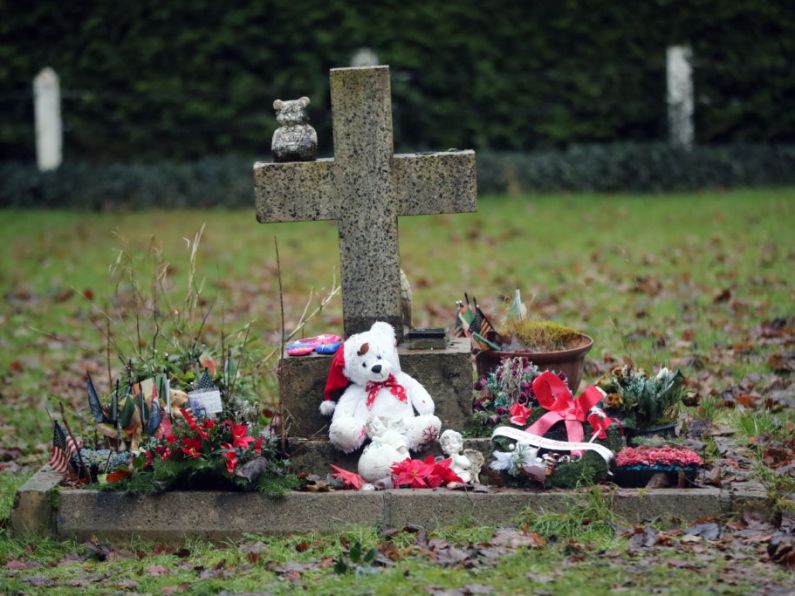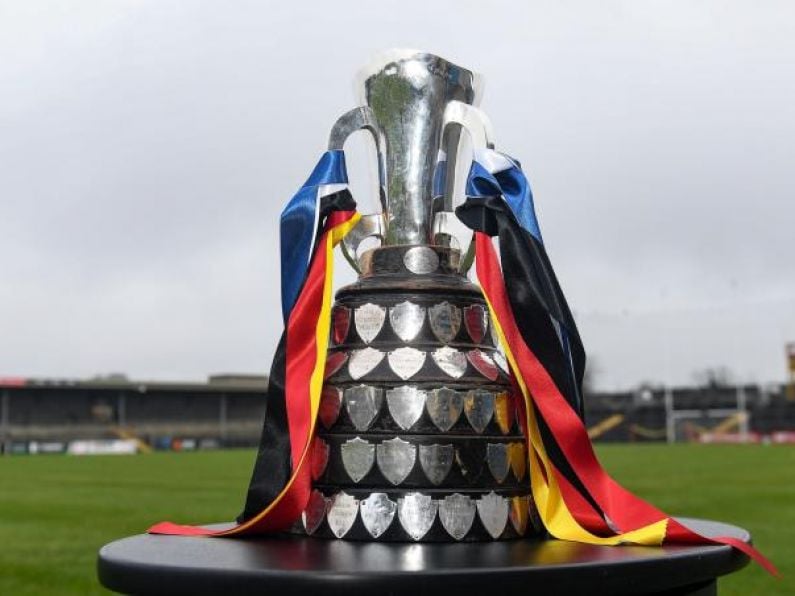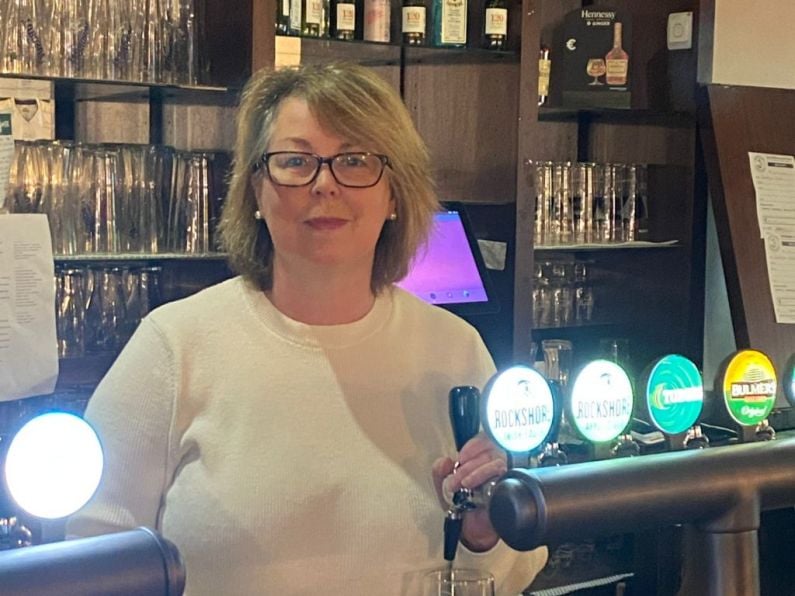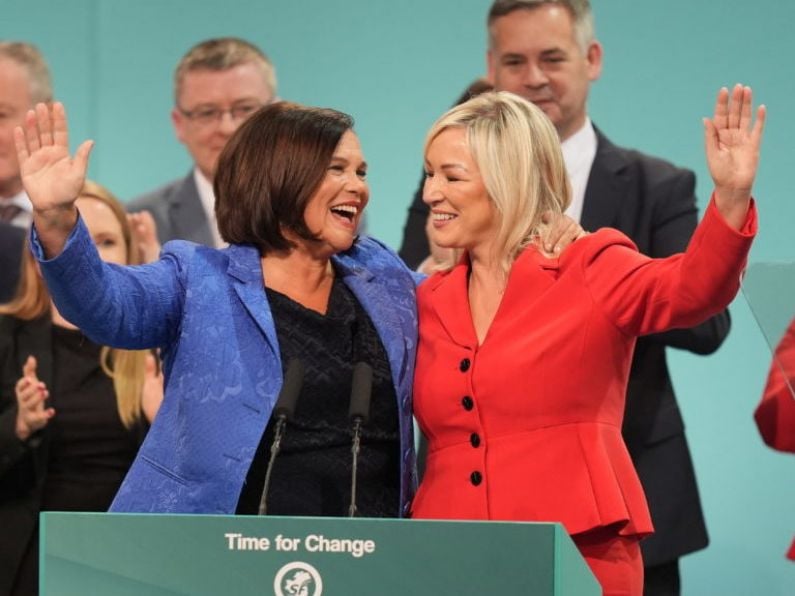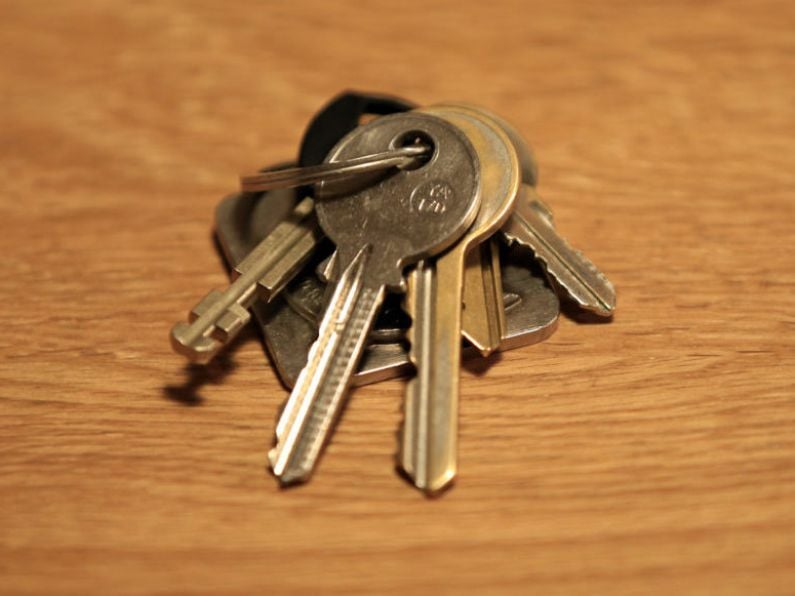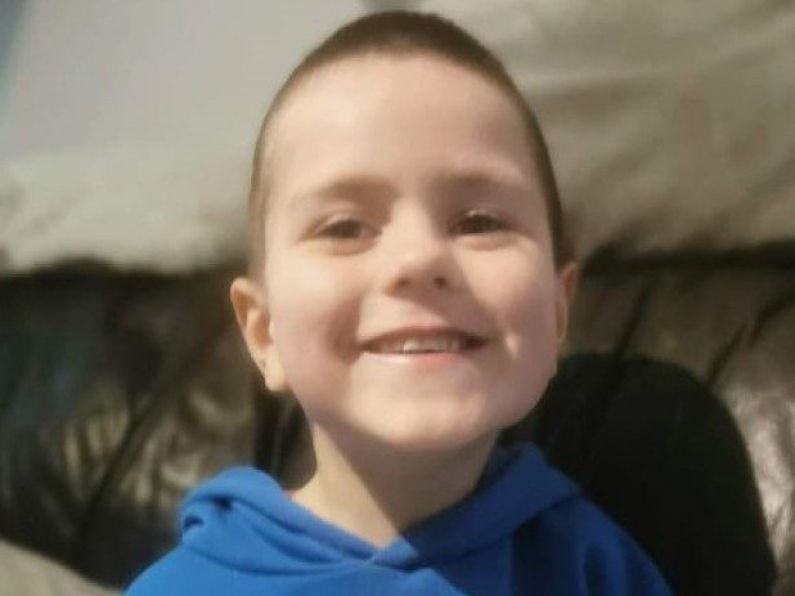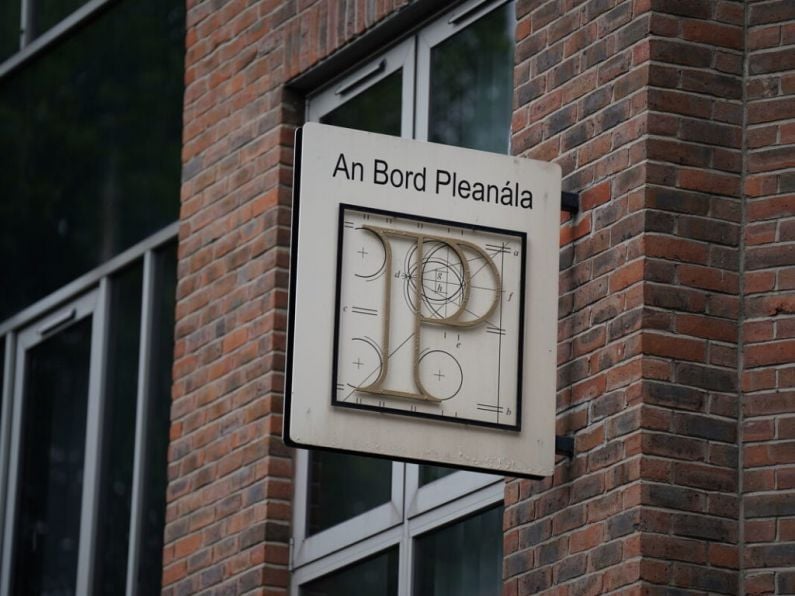Vivienne Clarke
The director of the Human Rights Law Clinic at the Irish Centre for Human Rights, Dr Maeve O’Rourke has called on the Government to repudiate the findings of the Mother and Baby Homes Commission report.
Dr O'Rourke told RTÉ radio’s Today with Claire Byrne show the archive of the Commission should be opened to allow those who gave evidence to have copies of what they said and access to their full personal data.
“We haven't seen practical movement from the Government on this yet. They have made promises for dedicated National Archives to 20th century institutional trauma. They have promised people their personal data, but we have not seen action on that yet.”
Dr O’Rourke said Professor Mary Daly’s appearance before the Oxford History group had offered some explanations of the methodology of the Commission: “Prof Daly explained that the 550 who gave their testimony to the Confidential Committee of the Commission didn't influence the Commission's findings - because the testimony was not given under oath it couldn't be taken into consideration for the Commission's findings."
“My view is that is an inaccurate reflection of the terms of reference of the statutory instrument setting of the Commission.
Dr O’Rourke added another fact made clear by Prof Daly was that “all of the alleged wrongdoers had received draft findings, to comment on them, and all of the underlying evidence, whereas those were not given to the survivors or adopted people, even though, in my view, that was in clear contravention of the 2004 Commission of Investigation Act,” Dr O'Rourke said.
The Commission had not made legal representation available to the people directly affected by abuse, she added.
'Inequality of arms'
“The religious were the ones with the lawyers - that's why we set up the Clann project so that those who wished to give a full witness statement would have free legal assistance, could keep a copy of what they said. Anyone who went on their own to the Commission was then refused a transcript.
“There was a huge inequality of arms.”
On the same programme, Teresa O'Sullivan, who was born in a mother and baby home in 1957, said she was very disappointed about what had emerged following the Oxford talk.
She said she would have preferred if the Commission had spoken about the report before now.
“One of the biggest things about the Commission is transparency," Ms O'Sullivan said.
"It was about us, it was about families, it was about trauma it was about memory loss and extreme neglect. There would be no Commission without survivors and that was very badly missed in this report. Every time we tell our story, we have trauma and that needs to be very strongly recognised,” she added.
Another survivor, Anne Harris, who gave birth to her son at Bessborough mother and baby home, said it was “insensitive” that Professor Daly broke her silence in the UK and in an academic setting.
“It was degrading to hear this. With a thing that is so sensitive and associated with Ireland, Ireland is the place it should have been held,” Ms Harris said.
She added, Prof Daly's remarks "showed a lack of respect" for the feelings of those who gave evidence to the Commission of Investigation.
Ms Harris said she went on the record when she gave evidence to an investigative committee, but said despite being well-received, there had been no follow up afterwards.
“I gave a statement, but never saw it again and only got the transcript after the report was published.”



